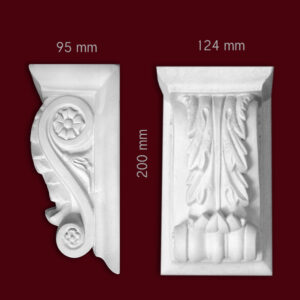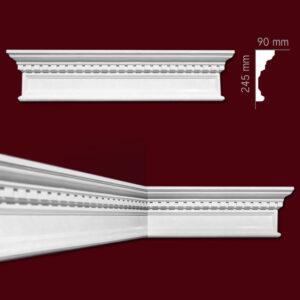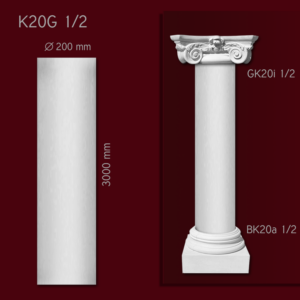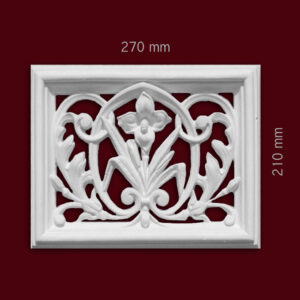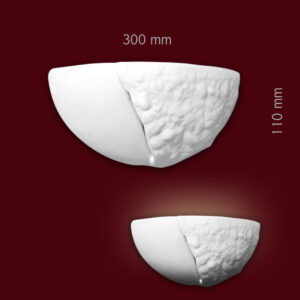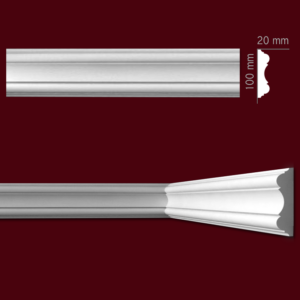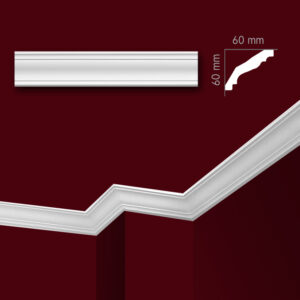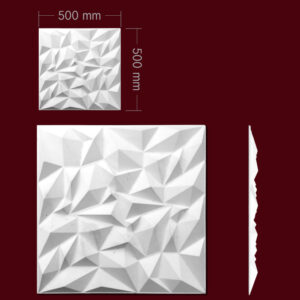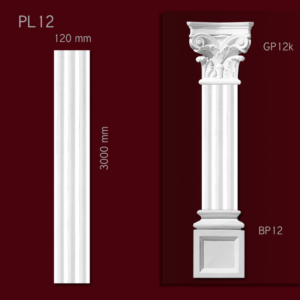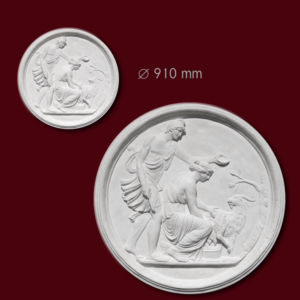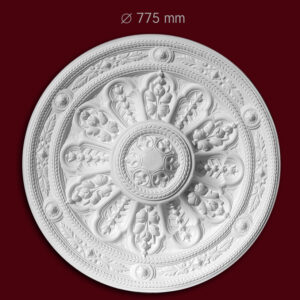Plaster is a versatile insulating material that is used in many areas. Its thermal and acoustic properties help improve the energy efficiency of buildings and ensure acoustic comfort for residents. Thanks to its durability and ease Montage gypsum is an excellent choice for those looking for effective insulation solutions. Check the insulating properties of gypsum stucco:
Insulating properties of plaster stucco - Thermal isolation
One of the main uses of gypsum as an insulating material is thermal insulation due to the thermal insulating properties of gypsum, which allow retaining heat in rooms and reducing heat losses. This is especially important in air-conditioned buildings, where maintaining a constant temperature is crucial for energy efficiency.
You can use gypsum thermal insulation in various forms. The most popular examples are plasterboards, a layer of plaster applied to walls and ceilings, or plaster stucco. It works by creating a barrier that delays the conduction of heat through the building structure. As a result, gypsum helps maintain a constant temperature inside the building and reduces heating and cooling costs.
Insulating properties of plaster stucco – Acoustic insulation
Gypsum is also an effective acoustic insulation material. It acts as a sound barrier that helps reduce noise that penetrates walls and ceilings. This is especially important in the case of multi-family apartments, offices or other places where privacy and acoustic comfort are important.
Plasterboards of appropriate thickness and construction can significantly improve the sound insulation of rooms. Gypsum absorbs sounds and minimizes their spread, which translates into peace and comfort for building residents.
Advantages of using plaster in insulation
The use of plaster as an insulating material undoubtedly has many advantages:
– Energetic efficiency: Gypsum thermal insulation helps reduce energy consumption and costs associated with heating and cooling buildings.
– Acoustic comfort: Plaster acoustic insulation improves the quality of life of residents, consequently ensuring silence and privacy.
– Durability: Gypsum is a durable material that maintains its insulating properties for a long period of time.
– Ease of installation: Gypsum stucco is relatively easy to install, making the installation process easier.
– Eco-friendliness: Plaster is a natural material, which means it is environmentally friendly.
Construction uses
Gypsum as an insulating material is widely used in construction, both in new construction and renovation. For example, it can be used to insulate walls, ceilings, floors and roofs. Also in industrial and commercial construction, gypsum insulation is very popular due to its thermal and acoustic advantages. Unlike stucco made of other materials, gypsum stucco will increase the insulating properties of rooms, which in turn will provide you with the greatest comfort of use.




